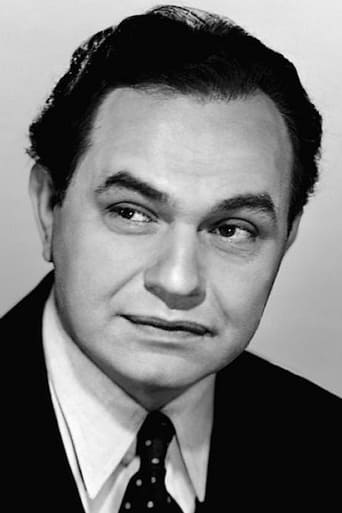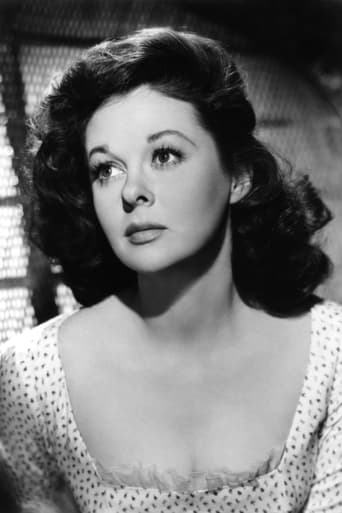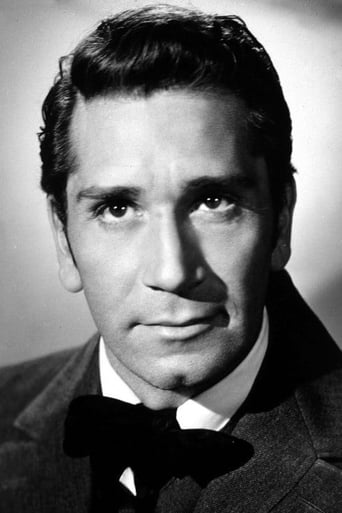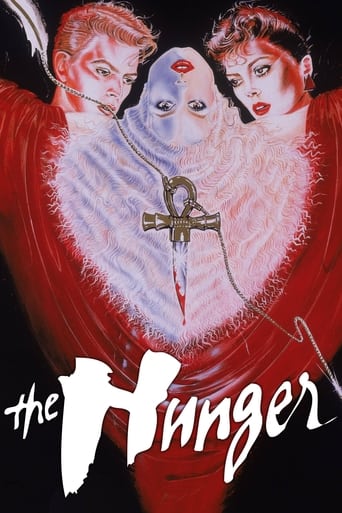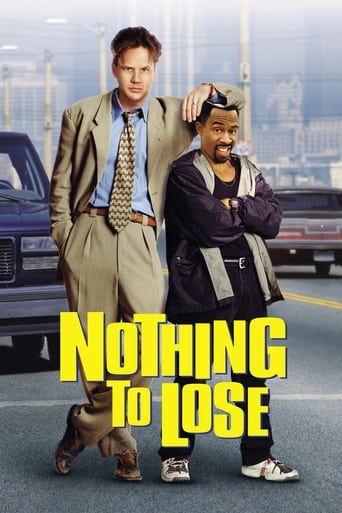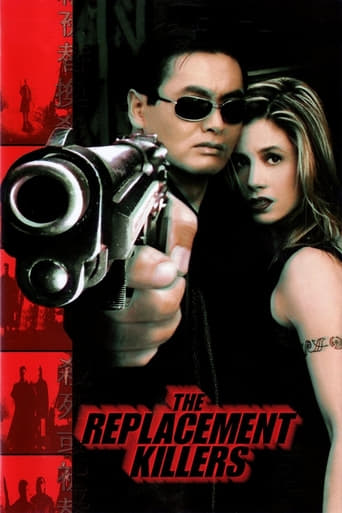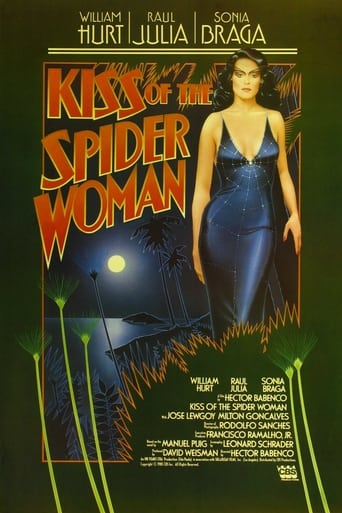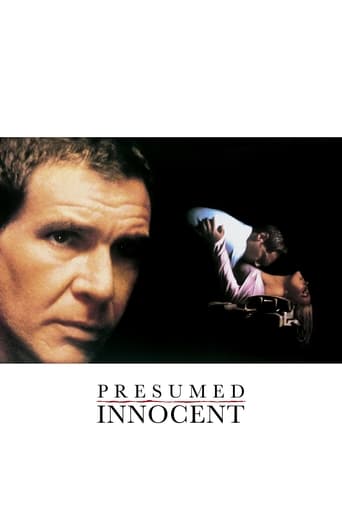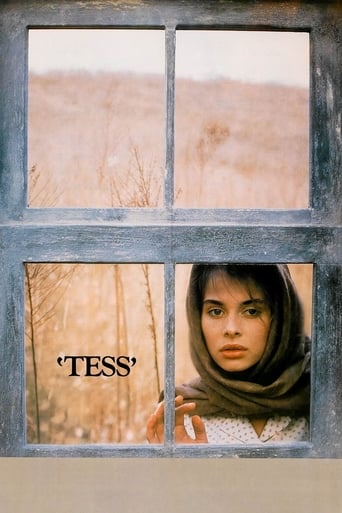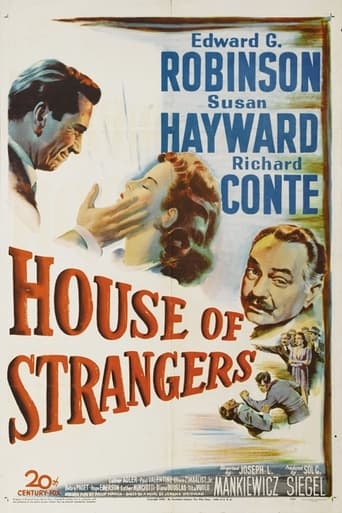
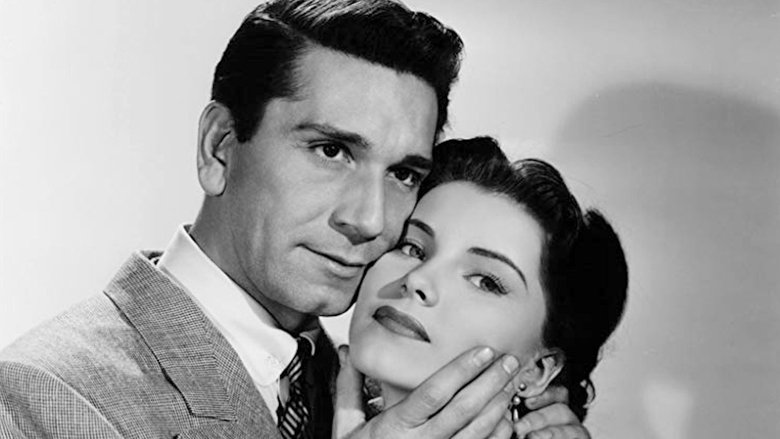
House of Strangers (1949)
Gino Monetti is a ruthless Italian-American banker who is engaged in a number of criminal activities. Three of his four grown sons refuse to help their father stay out of prison after he's arrested for his questionable business practices. Three of the sons take over the business but kick their father out. Max, a lawyer, is the only son that stays loyal to his father.
Watch Trailer
Cast
Similar titles

Reviews
You won't be disappointed!
Highly Overrated But Still Good
Did you people see the same film I saw?
One of the worst ways to make a cult movie is to set out to make a cult movie.
Despite its other defects, at least the costumes in "Hearts in Bondage" were much as we might expect people to wear in the period. The same cannot be said for the clothes worn by Susan Hayward, Debra Paget, Richard Conte and company in "House of Strangers" (1949). It comes as quite a shock halfway through the film to realize a gin mill is actually a speakeasy and that the film is actually set in 1932. You'd never know it from the 1949 wardrobes that are on display throughout the movie's entire running time from 1932 to 1939! Aside from this numbing anachronism, this is a solidly atmospheric noir with Richard Conte in one of his most dramatic and well-rounded roles, and receiving great support from gowned-to-the-hilt Susan Hayward, vitriolic Edward G. Robinson, sleazy Luther Adler and dumb-head, Paul Valentine. Stylishly directed by Joseph L. Mankiewicz (who has also supplied some neat ripostes and additional dialogue), this film has worn well. In fact it seemed more engrossing on Fox's 10/10 DVD than my recollection of its quality when I saw it on original release.
Proud stubborn Gino Monetti (Edward G. Robinson) runs his Little Italy bank his way, in fact he does everything his way including cajoling and humiliating his four adult sons. Working his way from a barber to a bank president he never took time to familiarize himself with rules and codes which soon runs him afoul of the law. Three of the sons see it as an opportunity for revenge while loyal son Max (Richard Conti) calls for a united front. They set Max up on a bribery charge and he goes to jail, the old man is ruined and the brothers take over. Released and having sworn a vendetta against his brothers they debate how to deal with him.In between his Oscar efforts Letter to Three Wives and All About Eve, Joseph Mankiewicz made this little gem about patriarchy and family turmoil where no one ends up unblemished. Pops Monetti is a tyrant to his kids without an ounce of sensitivity and while his three sons decide to let him take the fall it comes after a lifetime of abuse. The good son Max though loyal to his dad is willing to bribe as well as have a touch of the dad's arrogance by expecting girlfriend played by Susan Hayward to be his piece on the side given he is engaged.Robinson is outstanding as the thick headed self-absorbed patriarch who brooks no dissent that leads to his downfall. It is all the world according to him and Robinson brings it across without sympathy as he browbeats all around him, occasionally switching to Italian with flair, his coda "Never forget, never forgive" Conti as Max gives his usual intense clipped performance that matches up perfectly when shredding the brothers over their duty as children or being brought around by Hayward to a new way of thinking. Hayward is also impressive as the self assured, independent, passionate and total opposite of the stifled old world Italian women subject to berating while pledging silent allegiance. It is her goading of Max and his anachronistic principles that help motivate him to action. Luther Adler as vindictive brother Joe balances Conti's strong performance with one of his own in which he is both loathsome and at times sympathetic due to Monetti Sr. browbeating.With its updated Shakespearean overtones (King Lear) baroque setting (The Monetti home) and strong stark performances House of Strangers holds its own most of the way with the two Oscar winners that bookend it.
Superb movie, superbly done; and one quite underrated at that. The Greek tragedy of a father setting three of his sons against himself while grooming the fourth and youngest as his successor. Now, allow me to say that many reviewers have gotten HOS wrong. This is not a tale of greedy sons robbing their father of his wealth but a gripping drama about child abuse and humiliation. So, let's set the record straight on that. That also concerns the bank.The problem is, people tend to feel so comfortable with some ideas that many times they subconsciously juggle facts to fit them, oblivious many times to clear evidence pointing in some other direction. Ex.: most of us see a bank as a source of wealth and power. That's the way we see them and so it got to be for Joe, Tony & Pietro. Wrong. For these men the bank is simply the bat with which their father hits them for not being like his favorite, Max. When we see them as such, as kids who have been tormented all their lives by a monster of a father, the picture changes and the trio appears instead as victims. Victims who, by a providential strike of luck, are finally given the chance to snatch the instrument of torture from their tormentor's hands and use it to regain the dignity and self-esteem he has taken from them. So there's nothing nefarious about what they did. They deserved what they got and also he. What best proves the point is that there's absolutely no hint that they did it for greed. If you remember the first part, you may recall that their main complaint against Gino was not about money, but about never getting any respect from him. Furthermore, if you take note of the abuse he's constantly pouring on them now, when they are adults, imagine how bad it must have been when they were kids. But Gino's cruelty goes even further as, at the smallest show of discontent he challenges the rebel to go look for a job elsewhere. That's even sadism, as he has deprived them since childhood of the indispensable tools for success and self-reliance in life: dignity & self-esteem. That's why I reject the analogy with Don Corleone, who I don't recall humiliating his kids that way. Gino is far worse than him. An egomaniac to whom the entire world must adapt, obey: relatives, random acquaintances—to whom he may hit in a whim--the judiciary, the government. There's no limit to his ego and those closest to him are the ones suffering the most. All them are his victims, specially his long suffering wife, who evades the unpleasant reality searching for the cause for the general unhappiness in cultural alienation—but who finally does the right thing, giving her sons their due. And where all this leaves Max, Irene?.Max is the one holding the plot together and it's through his memory that the story unfolds. With Max comes Irene. Now, this is an incredibly well constructed psychological drama, which is hinted by what critics say about its ambiguity and shades of gray--things are not as they appear at first--and that's because this is not a story told by a neutral, uninvolved, storyteller but Max's reminiscences of the past, so it is a subjective view of things. What we see here is Max's journey into his own memory and that's what brings all the confusion and why Gino appears at first as an unmethodical, yet sympathetic, banker only to gradually go showing his true colors as Max goes on peeling him layer by layer. The same with Irene, who's introduced as an aggressive, sharp tongued vamp, only to come out at the end as a woman in love; a force for good fighting for his soul against the evil in Gino. But the crucial discovery in Max's journey concerns himself. For the first time he sees who he really was, the man that Gino had made to his own image, his creature, who's shown to him now even in his choice of words--"I'm Max Monetti and nobody talks to me like that". And for the first time he realizes how right were all those trying to rescue him from his father's poisonous influence: Irene, his mother, his brothers. And he realizes too that Gino had no intention of ever giving any power to his brothers in the bank, as he was grooming him to continue with his legacy of hatred and contempt. That's why Max comes converted out of his reminiscence and why he has decided to go away. There's is where Irene plays her crucial role. She not only means redemption to him, but also hope, a new future, the breaking of old chains. Without her he got nothing but loneliness in which case he probably wouldn't have even bothered stopping Pietro from killing Joe, letting the family destroy itself. Maria would have never done that for him; she would have just left him be what Gino wanted, his own clone.Great movie, almost perfectly done. Superb acting by all, Paget with too little to chew. Just one flaw: Max's conversion appears too abrupt. His final words to Gino too casual, almost jovial. It should have all taken more time, more pauses, more thoughtful gesturing. And I don't get why they call this one noir when, apart from the cinematography, there's very little noir here--maybe Max, always with that dark cloud hanging over his head. Also I don't think it has anything to do with any immigrant experience. The Monettis could be any family, in any place on Earth. In all, 8.5/10.
House of Strangers (1949)At first this film feels like a forced fit, a good and big idea that was going to stumble over itself. Because there was a brilliant Edward G. Robinson (a Jewish American) playing a terrific old school Italian banker, and there were his four sons, each with something of a developed plot line. It begins in the present, goes back to the start of the various problems between them, then returns to the present. It's complicated in a way, and yet it ends up cohering well. The story holds water, the actors are superb (more on that), and the overall direction and construction (photography and editing) are spot on.So we end up with a very impressive movie, and one that uses worn ideas and makes them fresh enough to last. Robinson is not in the end the main character, but one of the sons is, Max, played by Richard Conte. Now Conte is not to everyone's taste. There's something conceited about him even when he's playing a regular guy. But he's just right for this part of the "good brother" who is also a lawyer and who gets drawn into major mischief by his father's bullheadedness. And Conte is the key to an important other thread to the story (and in some ways the best part), his falling in love with a young and independent Irene Bennett played by Susan Hayward. She isn't just a love interest but she represents an alternative to his family bound, very Italian-American world.Of the other brothers, the eldest played by Luther Adler is the most caustic and believable, giving a stunning performance in just a few scenes throughout the movie. The other brothers are simpler types, and they work, too. In fact, it's only when you drift to the farther reaches of the cast, like the fiancée and her mother, do you find caricatures that strain. In all the dynamic of a group of men adjusting (or not) to the ways of the new worlds is fascinating. Throw in a physically imposing and sharp tongued leading man in Robinson and you can see how much this has going for it.The director is Joseph L. Mankiewicz has a handful of very sensitively made films among the mere twenty in his career (including "All about Eve"), and this is one of his best. He keeps the plot coherent and yet lets it breath. The characters have enough individuality to distinguish themselves without getting us distracted with peripheral stuff. And the camera-work by Milton Krasner is flawless and subtle. This again comes at the slick and yet artful high point in American black and white cinematography, the 1940s.
